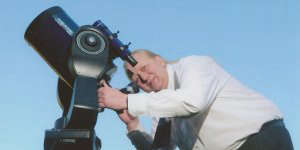
Monday 27th November to Sunday 3rd December 2023
It's a fairly quiet time for astronomical events during the coming week, so I'm going to take the opportunity to talk about something that has been in the news a lot lately - the Northern Lights or Aurora Borealis.
We all know that the Sun gives off loads of light, but it radiates other energy as well, including the Solar Wind that is a plasma stream of electrons and protons originating from the upper atmosphere of the Sun, an area known as the Corona. This stream can be travelling at up to 750Km per second.
The Earth has a magnetic field around it known as the Magnetosphere. When the Solar Wind hits our Magnetosphere, the wind creates disturbances in it and the resulting ionisation creates the amazing light that you see.

The disturbance is concentrated around the poles, so the visual effect is normally seen in the polar regions, but when the aurora is super strong, it can reach further down and we have a chance to observe it here in the south west of England.
Auroras around the North Pole are known as the Aurora Borealis, but there is also an Aurora Australis around the South Pole.

On a totally different subject, my astronomy talk and star party at the Ham Hill Visitor Centre in December sold out very quickly, so I have agreed two more dates for the New Year. The dates for your diary are Friday 26th January and Friday 8th March. Booking is via the Visit South Somerset website and I have created a link at starsoversomerset.com to make it easy.
www.starsoversomerset.com
Aurora image and Magnetosphere diagram courtesy of Wikipedia
Screenshots courtesy of Stellarium
Copyright Adrian Dening and Radio Ninesprings 2023
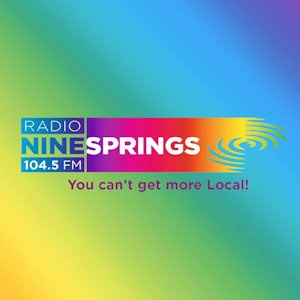
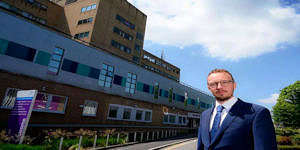 Yeovil Stroke Unit
Yeovil Stroke Unit
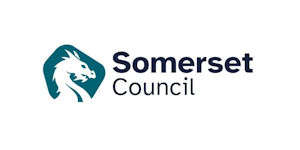 Boundary Changes
Boundary Changes
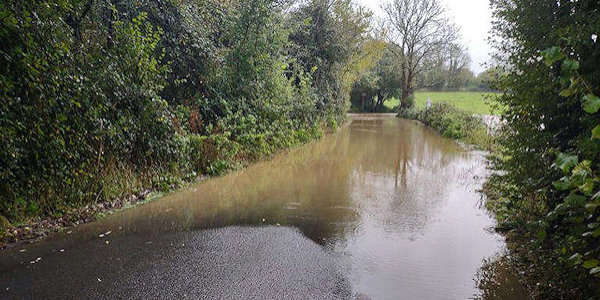 Flooding
Flooding
 False Fire Alarms
False Fire Alarms
 Dog DNA
Dog DNA








